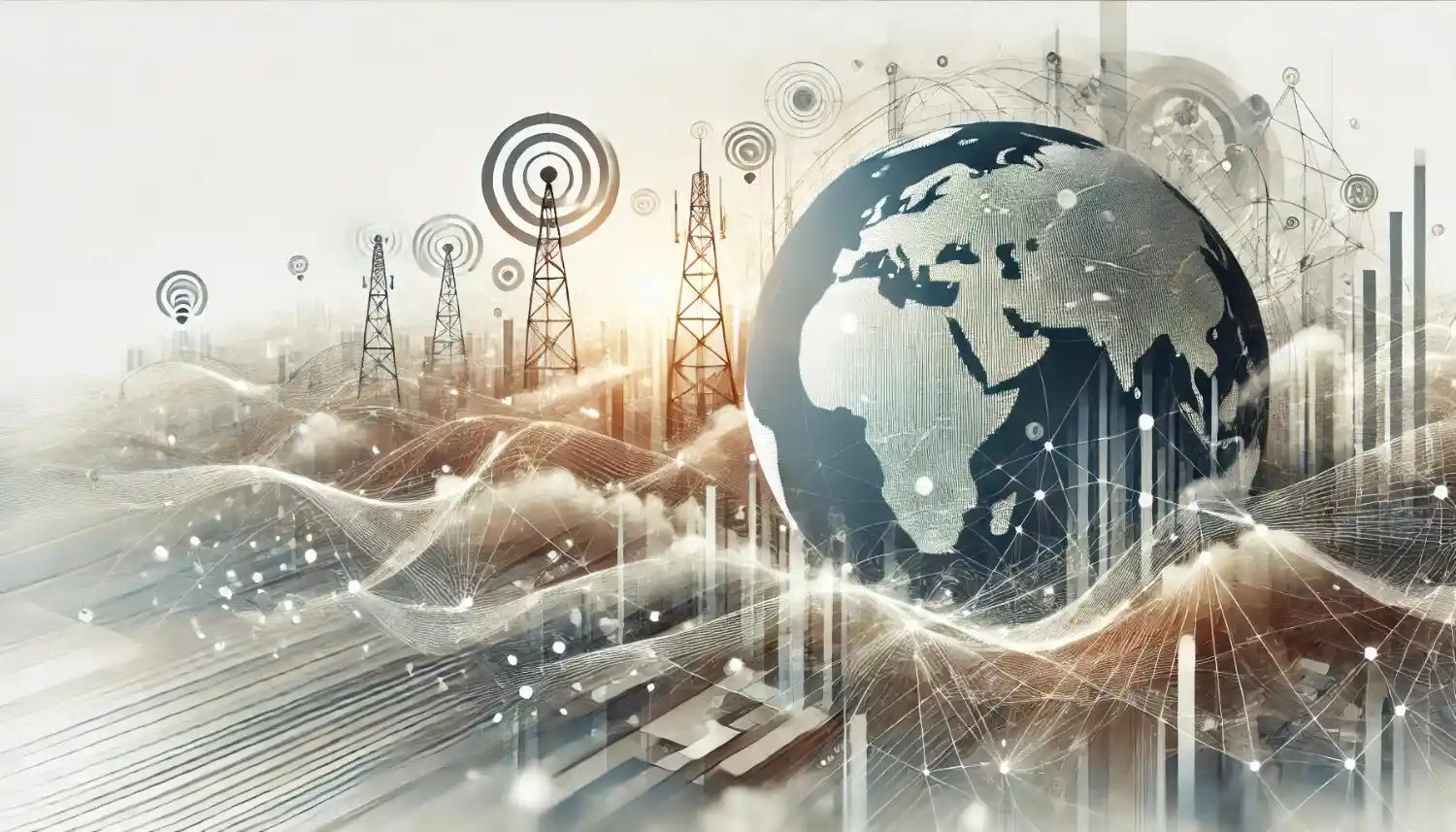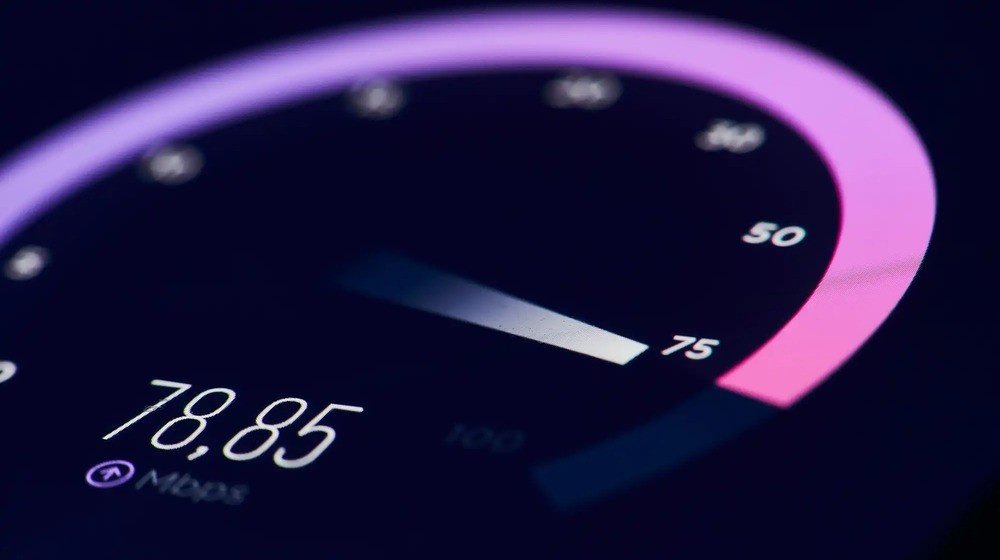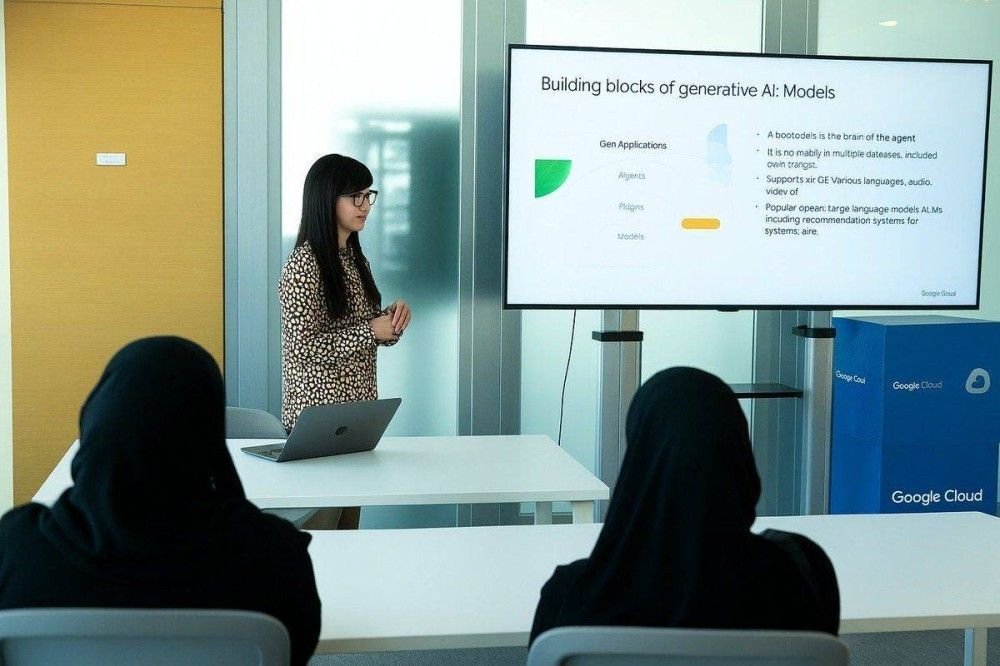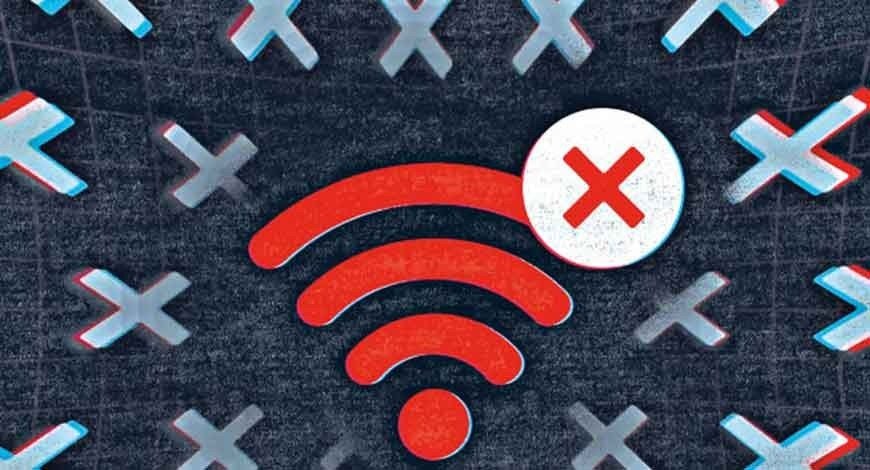The Pakistan Telecommunication Authority (PTA) announced on Thursday that efforts are underway to repair a fault in the Africa-Asia-Europe (AAE)-1 undersea internet cable, which has been causing disruptions for users. As a result, users may experience slowdowns and connectivity issues.
The AAE-1 cable, operational since 2017, connects several countries, including Vietnam, Singapore, Malaysia, Thailand, Pakistan, India, Oman, the UAE, Qatar, Saudi Arabia, Egypt, Greece, Italy, and France. The fault in the cable, located near Qatar, has led to frequent internet slowdowns in Pakistan during 2024. While some businesses and internet service providers had speculated that government monitoring of internet traffic was to blame, the PTA clarified in August that the disruptions were due to a faulty submarine cable.
In today’s statement, the PTA confirmed that a fault in the AAE-1 cable near Qatar had been detected, and the cable is one of the seven international undersea cables connecting Pakistan to global internet networks. The PTA acknowledged that the fault might affect internet and broadband services across the country. The PTA also assured the public that repair teams are actively working on fixing the issue, and that they are monitoring the situation, providing updates as needed.
Despite improvements in mobile and fixed broadband speeds in October, Pakistan continues to struggle with some of the slowest internet speeds globally. According to Ookla’s Speedtest Global Index for October, Pakistan ranked 141st out of 158 countries for fixed broadband, with a median speed of 15.6 mbps. For mobile data, Pakistan ranked 100th out of 111 countries with a median speed of 20.61 mbps.
For the past few months, users have faced slow speeds, difficulties downloading media on WhatsApp, and intermittent connectivity issues. The slowdowns have been compounded by limited access to virtual private networks (VPNs) used to access platforms like X, which are restricted in the country. Since July, Pakistan’s ranking has improved slightly, moving from 145th to 141st for fixed broadband speed and from 101st to 100th for mobile data speed.
Last month, the government acknowledged in the National Assembly that it was behind the ongoing internet disruptions and the monitoring of social media platforms, citing security concerns.















